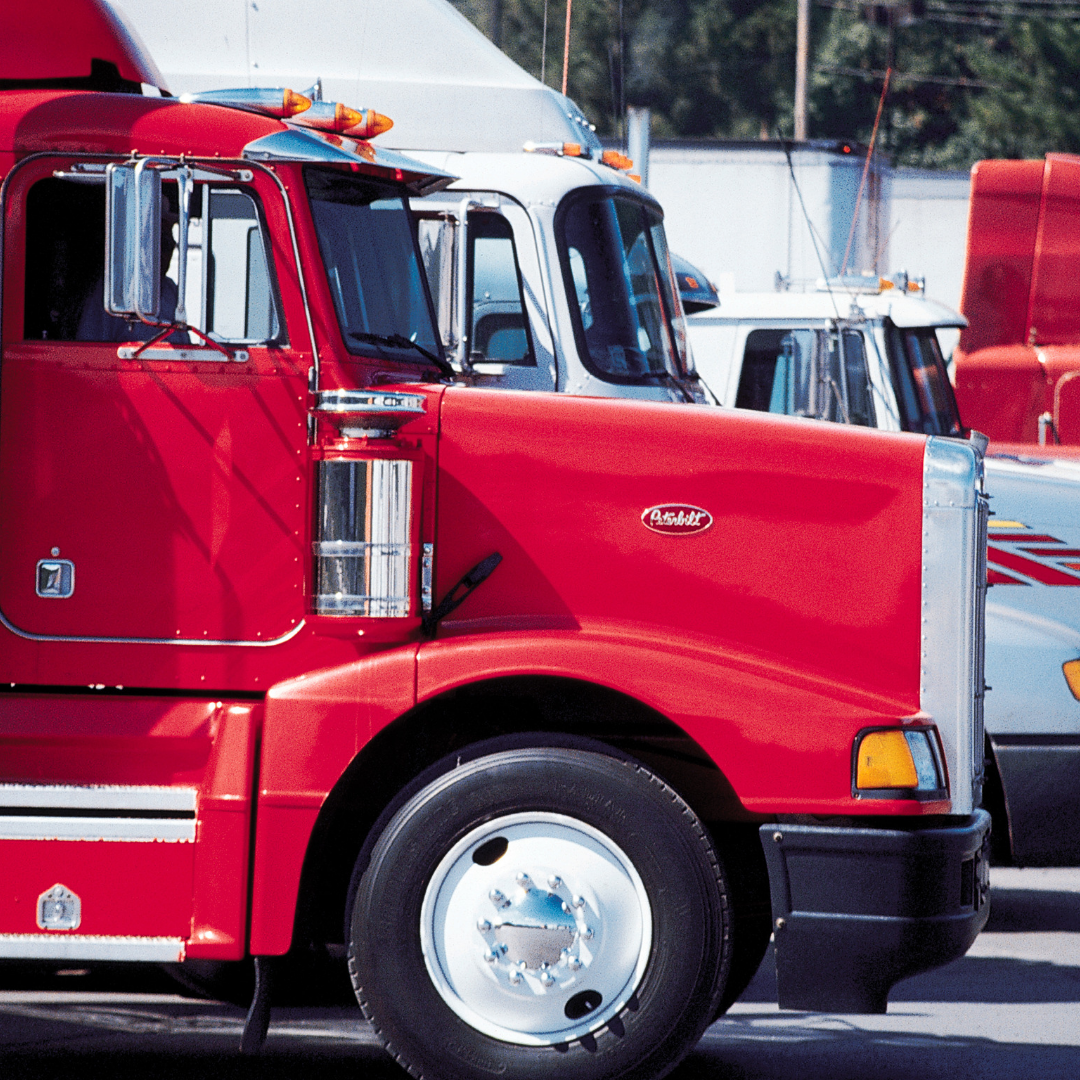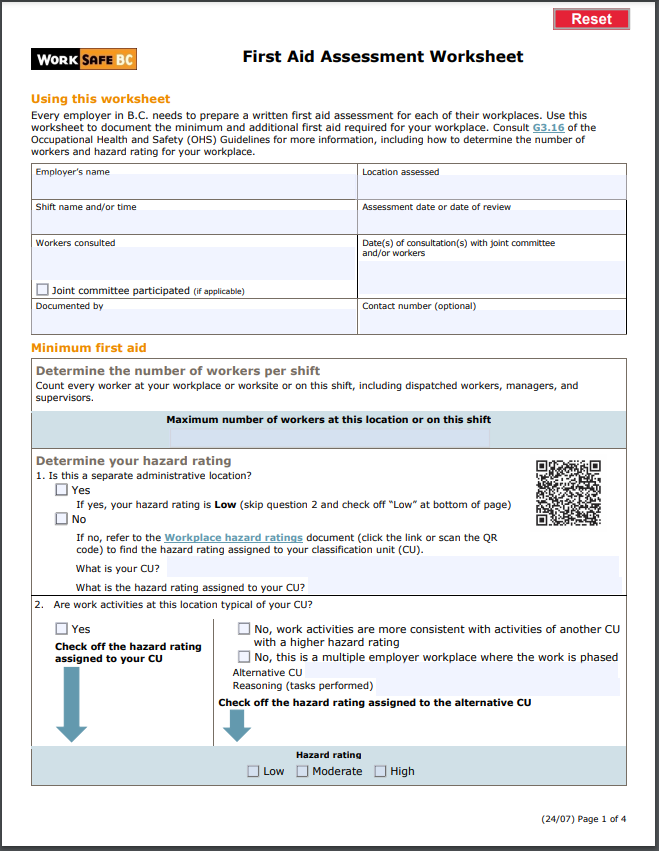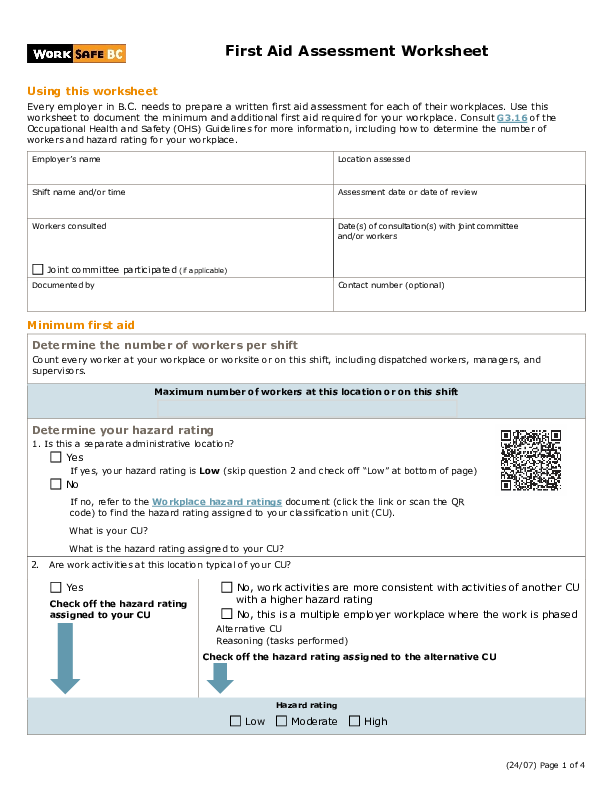
Tips to Reduce Fleet Driver Exposure to COVID-19
While there are many offices that are closing down their physical locations and directing their employees to work remotely, there are still many fleet drivers that are out on the road.
Whether you’re a delivery fleet driver, a roadside technician, or any other type of driver that interacts with other people, there are steps you can take to reduce the potential exposure to COVID-19 coronavirus.
It all starts at the beginning of your shift, according to AAA.
Before you leave your home, wash your hands thoroughly at the sink for 20 seconds with soap and water.
Throughout your day, whenever you receive any sort of equipment, spray the equipment with disinfectant spray or wipe it down using disinfectant wipes.
The Customized Logistics and Delivery Association (CLDA) tells its members to avoid using driver lounges or accepting food or drink hospitality at stops.
A good item to have while on the road is a pack of nitrile gloves. Wear gloves for every job you start through the day, to reduce the chance that you contract something from any given location you visit throughout the day.
To that end, avoid shaking anyone’s hands at a stop, and attempt to remain a CDC-recommended six feet away from people to the best of your ability.
If you’re going to be entering someone’s home or entering a building with other people, call ahead to ask if anyone has been ill in recent weeks. The CLDA recommends that if an illness is confirmed, inform them that they call you back for completion of a delivery two weeks after the ill person/people have been symptom free.
In an instance where you are accepting a package for delivery, don’t accept the package from their shipping party’s hands; instead ask that the person places the package on a surface and then pick it up from that surface after the delivering party steps away.
Following the completion of a job, disinfect your hands and wipe down your vehicle.
Wipe down the inside of the vehicle, such as the door, dashboard, seat, door hand, and any exposed surfaces with spray disinfectant or disinfectant wipes after anyone enters your vehicle.
Have a small trash bag to dispose of soiled gloves, towels and wipes; make sure that you dispose of that small trash bag at the end of each shift, according to AAA.
A few items that you probably handle every day that might not be getting the attention it should is your credit card, corporate fuel card, or cash. These items can hold the virus so it’s a good idea to wear gloves whenever you handle these items.
At the end of your shift, wash your hands again thoroughly at a sink for 20 seconds with soap and water.
To make sure that you’re using products that will properly disinfect your vehicle, the Environmental Protection Agency has a site that lists all the products that currently meet its criteria for use against COVID-19.
Latest Resources
How to Complete WorkSafeBC’s First Aid Assessment
Learn how to complete WorkSafeBC's First Aid Assessment with this step-by-step guide. ...
First Aid Assessment Worksheet
Every employer in B.C needs to prepare a written first aid assessment for each of the ...

